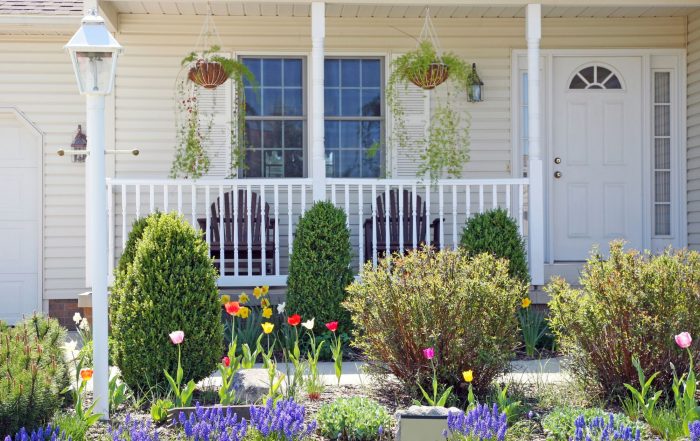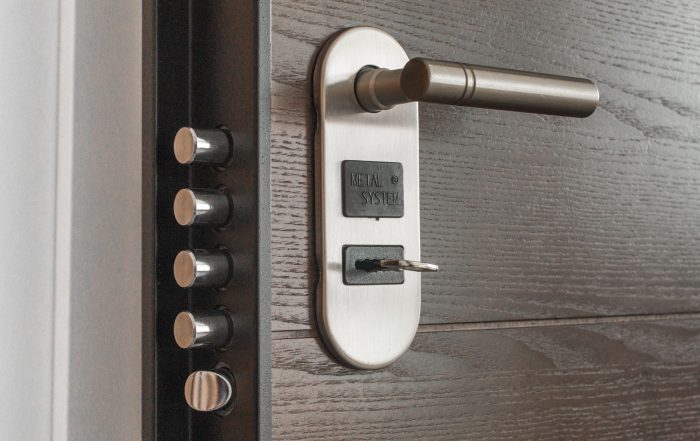
Exploring the Connection Between Cost of Living Crises and Recessions: Do They Cause More Burglaries?
In times of economic uncertainty, two factors that significantly […]
In times of economic uncertainty, two factors that significantly impact our daily lives are the cost of living and recessions. Both can create financial hardships for individuals and families, leading to increased stress and desperation. But does this financial strain directly correlate with an uptick in burglaries? In this blog, we will delve into the relationship between cost of living crises, recessions, and the occurrence of burglaries.
Understanding the Cost of Living Crisis
A cost of living crisis occurs when the expenses required to maintain a basic standard of living rise significantly faster than income levels. This can be due to various factors such as inflation, skyrocketing housing costs, food price increases, and stagnant wages. When individuals and families find it increasingly difficult to make ends meet, it can lead to desperation and financial strain. Thus, potentially pushes some individuals towards criminal activities like burglary.
The Impact of Recessions
On the other hand, recessions are economic downturns characterised by reduced economic activity, job losses, and decreased consumer spending. Recessions can exacerbate the cost of living crisis, as people may face layoffs, reduced work hours, or even unemployment. When job opportunities are scarce, people may resort to illegal activities, including burglary, as a means of survival.
Analysing the Connection
The relationship between cost of living crises, recessions, and burglaries is complex and multifaceted. Several key factors contribute to this connection:
Desperation and Financial Strain: In times of economic hardship, individuals and families may struggle to afford basic necessities like food and housing. This desperation can push some individuals to commit burglaries as a way to obtain quick cash or valuables to sell.
Unemployment: Recessions often result in widespread job losses. Unemployed individuals may turn to burglary as an illicit source of income when they cannot find legitimate employment.
Reduced Police Resources: Recessions can strain public budgets, leading to reductions in police forces and law enforcement resources. This can create an environment where criminals perceive a lower risk of getting caught, emboldening them to commit more burglaries.
Social Factors: The relationship between economic hardship and crime is influenced by various social factors. High-crime neighbourhoods may experience a more significant increase in burglaries during economic crises. This is due to a combination of economic factors and pre-existing crime rates.
Government Interventions: Government policies and interventions can mitigate the impact of cost-of-living crises and recessions on crime rates. Social safety nets, unemployment benefits, and economic stimulus packages can help alleviate financial strain, reducing the incentive to turn to criminal activities.
How to Protect Your Home from Burglaries
There are many ways in which you can protect your home from becoming the victim of burglarisation. The first recommendation we have is to purchase a home security system such as NoEntry by Sonis, which offers the following:
- Activates before entry
- Pet-friendly
- With no motion, door, or window sensors, NoEntry gives you whole-home protection from a single-unit
- Plug and play – set up will take you under 5 minutes and can be operated via an app or with a key fob
- With no fixtures, it’s perfect for rental accommodations
- Covers all doors, windows, integral garages and conservatories
- An easily applicable ‘Learning Mode’ for a badly fitted door or window
- Can be used in homes, caravans/motorhomes and lorries
- A panic button for when you feel unsafe and quickly need to turn the alarm on
Investing in a home alarm is a surefire way to deter possible intruders from entering your home, as most burglars are opportunistic. Other methods to protect your home are making sure your doors and windows have a high-quality lock, ensuring you don’t advertise your absence and investing in a light system for when you are away from home.
Conclusion
While it is clear that cost of living crises and recessions can contribute to an increase in burglaries, it is essential to recognize that the relationship is not linear or deterministic. Many factors come into play, including social, economic, and government policy factors, that shape the dynamics of crime during economic hardships.
To address the issue of rising burglaries during economic crises, a holistic approach is necessary. This includes not only economic policies aimed at reducing financial strain but also investments in law enforcement, community programs, and support systems for individuals and families facing economic hardship. By tackling the root causes of desperation and financial strain, we can work towards a safer and more secure society, even in the face of economic challenges.



